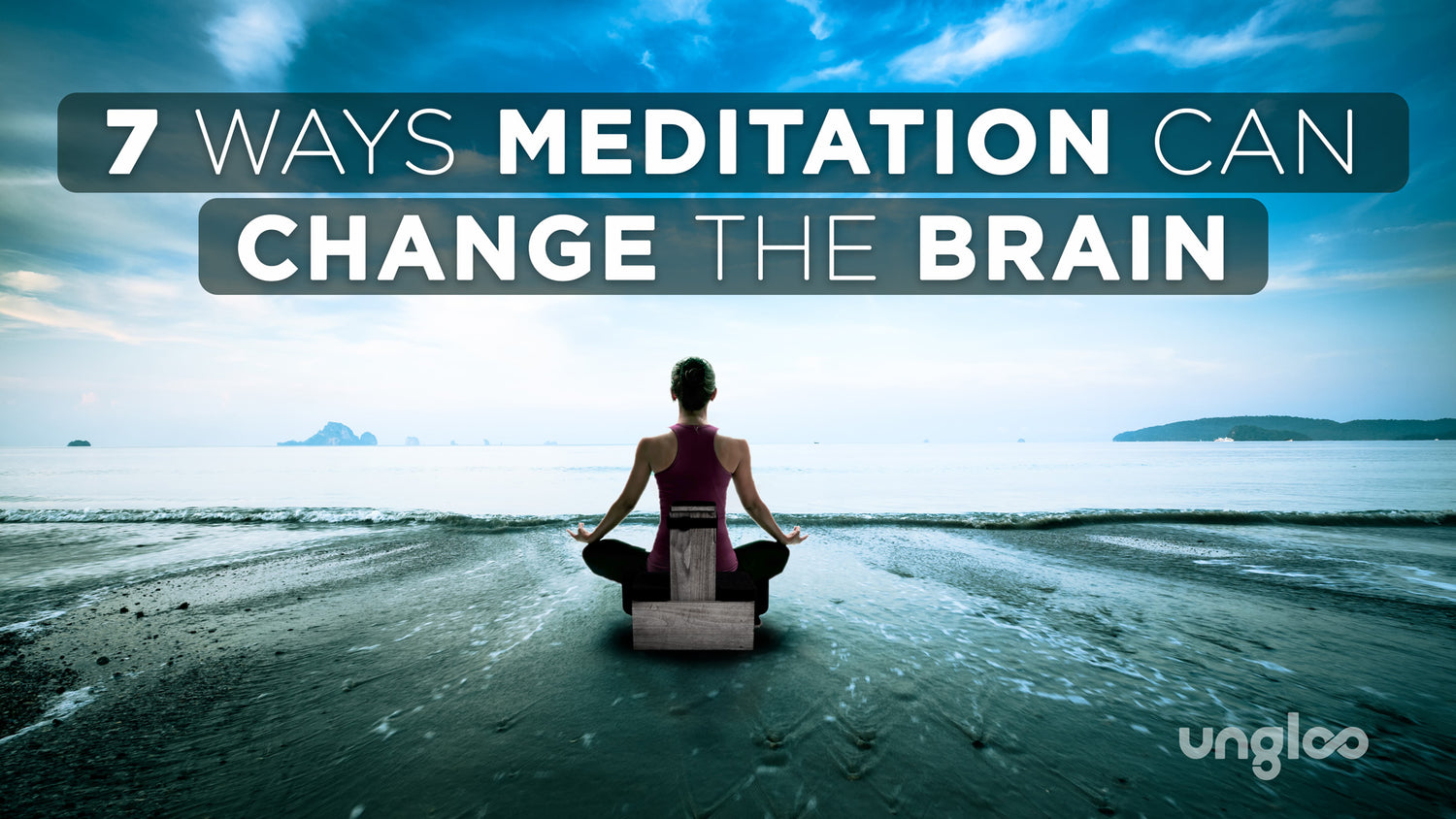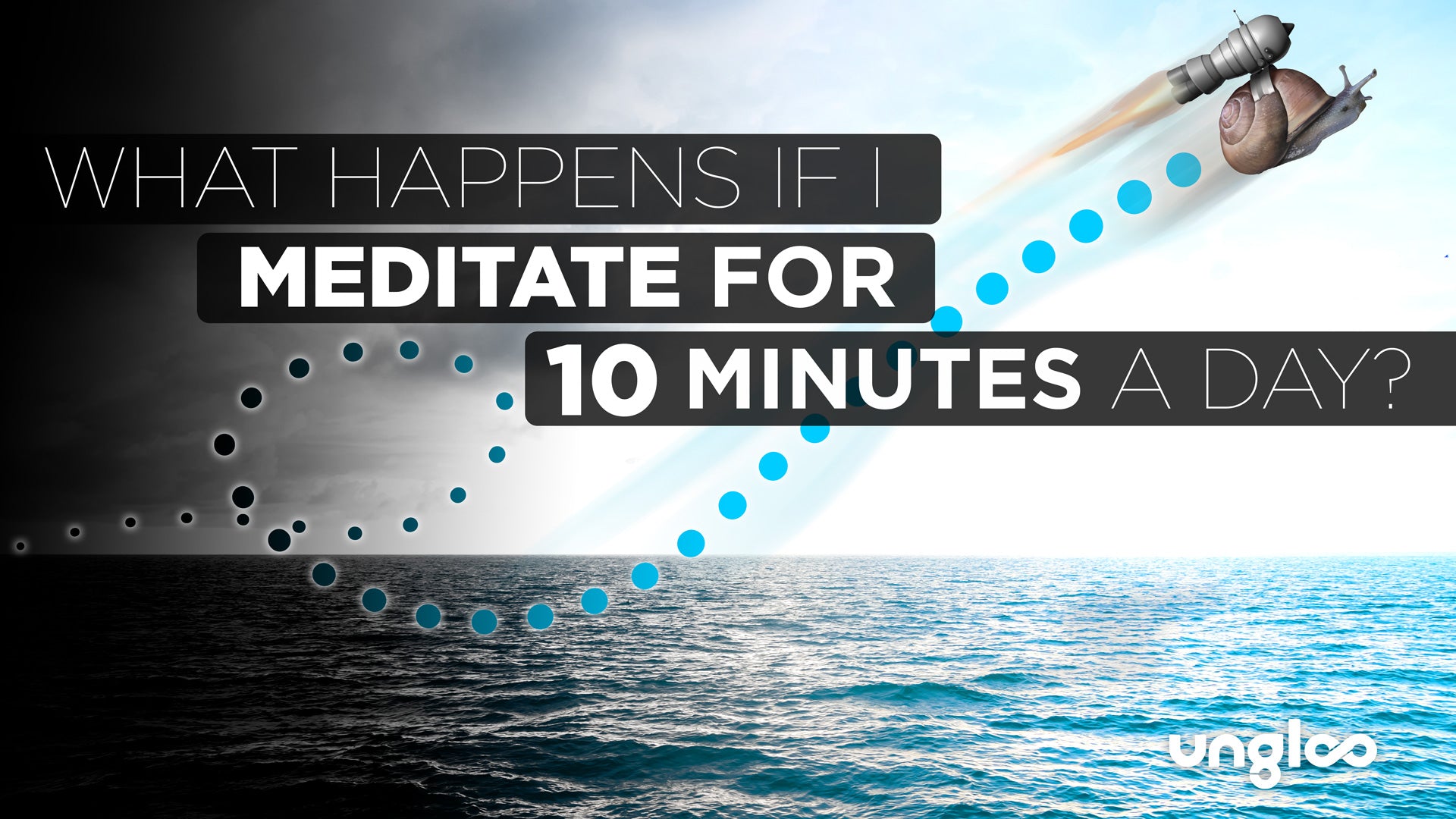Study after study has shown that meditation can change the brain. First, let’s get an idea of what meditation is. “A lot of people have this idea that meditation means sitting down and doing nothing,” says Goyal. “But that’s not true. Meditation is an active training of the mind to increase awareness, and different meditation programs approach this in different ways.” Meditation involves focusing your attention on a specific thing. You are actively engaging in a journey, which can have a positive impact on the brain.
Here are 7 ways that meditation can change your brain:
Meditation Changes Structures in the Brain
A study conducted by researchers at Harvard University used scans to show that meditation produced increased cortical thickness in the hippocampus. The hippocampus controls learning and memory. This part of the brain also plays an important role in emotional regulation. It also found a decrease in the volume of the amygdala. The amygdala is responsible for emotions such as stress, fear, and anxiety. This study was 8 weeks of mindfulness training in meditation and was later published in the Psychiatry Research journal.
Meditation can Release Chemical Helpers in the Brain
Let’s look at the brain and its natural chemicals it releases. These chemicals, or key neurotransmitters, help regulate the balance of vital hormones. They influence systems throughout the mind and body. A few examples of these neurotransmitters are:
- Serotonin - the “feel good” chemical to help regulate mood
- Cortisol - hormone that helps your body deal with stress
- Endorphins - happiness neurotransmitter which increases the “natural high”
- Melatonin - the “sleep hormone” responsible for sleep and mood regulation
By taking the time to meditate, you are helping your brain release these chemicals. Your body will then naturally reap the benefits. Who doesn’t want to feel good and sleep better?
Meditation Contributes to a Greater Sense of Well-being
Meditation is to the mind what exercise is to the body. If you are someone who exercises, either consistently or just every now and then, think about how exercising makes you feel. Most people talk about how it helps them feel less anxious throughout the day. It helps them sleep better at night. They are able to get more done because they took the time to move their body. Seems kind of silly that taking 15 minutes, 20 minutes, maybe even an hour out of your day to exercise actually helps you have more time, doesn’t it?
Well, meditation does the same thing. By meditating for only 10 minutes your productivity will increase immensely. If your brain isn’t functioning well, then your body won’t function well either. The areas of your brain responsible for attention, memory and learning actually increase in size with meditation. With enhanced attention, memory, and learning you will be able to get more done with less work. If you are a list maker, you know the satisfying feeling of checking off item after item on your list of to-do’s.
Effects Rival Antidepressants for Depression
Depression is a common mental health condition. There are many treatment options. Some treatments may work better for certain people than they do for others. Therapy can be really beneficial. Lifestyle changes such as diet, exercise, finding a low stress job, may also be helpful in managing your depression. One third of people with depression use some type of medication to help with their symptoms. Meditation is also a powerful treatment option. Meditation is not the magic answer for depression. However it can be an effective tool to help manage depression symptoms. The Medial Prefrontal Cortex is the part of your brain that controls your Amygdala. As stated earlier the Amygdala is responsible for the fight or flight response. When you meditate you strengthen your Medial Prefrontal Cortex. A stronger Medial Prefrontal cortex prevents your mind from delving into worst case scenario thinking. It calms depression because your mind has more control to overcome negative thinking patterns.
Reduces Anxiety, even Social Anxiety
Meditation can help prepare the brain for stressful situations. For some people getting together with others can be really exciting. However, especially for introverts, it can be really intimidating. A simple social gathering can cause a lot of anxiety. What will I talk about? Who will be there? Question after question of what the night might look like can occupy your mind. Meditating for a few minutes before a social situation can shift your brain and body from a state of stress to a state of calmness. It helps you turn your focus away from negative thinking. So that you can reframe your thoughts in a positive manner. Can mindfulness really help reduce anxiety? Yes, yes it can.

Improves Concentration and Attention
Everyone has trouble focusing from time to time. The world is busy, there are a million distractions. People are social creatures. Whether it is social media, phone calls, or meeting a friend for lunch, the distractions are endless. Most people also have responsibilities and deadlines. Scientists say that there is a reason to believe that meditation can help with everyday distractions. As discussed above, meditation teaches you to focus all of your attention on one specific thing. It helps you tune out everything else around you. Practice, practice, practice. By practicing this during meditation you will be able to concentrate and focus on your everyday tasks more effectively.
There have also been studies that have shown that short meditation breaks can help kids in school. Kids' minds are developing so quickly. They are learning so much, academically, in such a short amount of time. They are also learning how to juggle being in a classroom, extracurricular activities, homework, family time and friend time. An article on Forbes.com says, “for developing brains, meditation has as much as or perhaps even more promise than it has for adults.” You and your child can both take a break from social media, practice mindfulness, and reap the benefits.
Meditation can Help with Memory
Let’s talk about the limbic system. This system in the brain contains the hippocampus and the amygdala. The hippocampus is where your long term memories are stored. Long term memory is crucial for learning. The amygdala is next to the hippocampus. This part of the brain ties memories to emotions. Meditating helps strengthen these parts of the brain.
For example, let’s say several years ago you went out of town with your sister. You went to a local bakery. You had so much fun and loved spending that time with your sister. Not to mention, the bakery smelled amazing! Now, there is a new bakery in the town that you live in. You walk by and just like that you are transported back in time. All it took was smelling the air infused with fresh baked goods. This is your hippocampus and amygdala working together to bring back that special memory. Spending time meditating helps you to strengthen those parts of the brain. Making memory recall happen more quickly with more detail.
How do you Meditate?
Now you have a better understanding of what meditation is and how it can affect your brain. So what is the next step? Find a quiet and calm place. Pull out your meditation chair or lay down. You want a place free of distractions. Then set a timer. Notice your body and your breath. Breathe in through your nose and out with your mouth. Your mind may wander and that is okay. Be kind to yourself. If it does wander, get back on track by noticing your breath again. Continue to do this concentrating on your breath. Keep your mind open. Let thoughts pass through your mind without judgment, only observation. Then when your timer beeps try again tomorrow!
Start small and work your way up. “Just as with following a proper diet and exercise, it takes time to feel results from regular meditation.”, says Dr. John W. Denninger. You can start meditating by using 2 minute increments. Gradually work your way up to 10 minutes. Or if you are comfortable meditating for 20 minutes then start there. Whatever works best for you. Meet yourself where you are right now. The most important thing as Sara Lazar, a neuroscientist from Harvard Medical School, found is consistency is the key to have meditation actually change your brain.


![The 7 Best Meditation Apps in 2023 [UPDATED]](http://ungloo.com/cdn/shop/articles/Best_Meditation_APPS.jpg?v=1647733984&width=1920)
